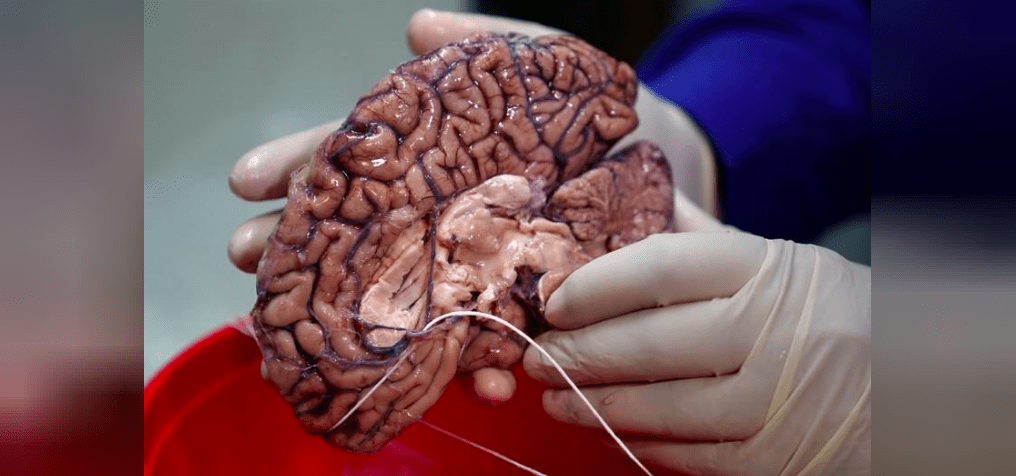Will Dunham
WASHINGTON (Reuters) – Scientists have pinpointed three genes that may have played a pivotal role in an important milestone in human evolution: the striking increase in brain size that facilitated cognitive advances that helped define what it means to be human.
These genes, found only in people, appeared between 3 and 4 million years ago, just prior to a period when the fossil record demonstrates a dramatic brain enlargement in ancestral species in the human lineage, researchers said on Thursday.
The three nearly identical genes, as well as a fourth nonfunctional one, are called NOTCH2NL genes, arising from a gene family dating back hundreds of millions of years and heavily involved in embryonic development.
The NOTCH2NL genes are particularly active in the reservoir of neural stem cells of the cerebral cortex, the brain’s outer layer responsible for the highest mental functions such as cognition, language, memory, reasoning and consciousness. The genes were found to delay development of cortical stem cells into neurons in the embryo, leading to the production of a higher number of mature nerve cells in this brain region.
“The cerebral cortex defines to a large extent what we are as a species and who we are as individuals. Understanding how it emerged in evolution is a fascinating question, touching at the basic origins of mankind,” said developmental neurobiologist Pierre Vanderhaeghen of Université Libre de Bruxelles and VIB/KULeuven in Belgium.
[ Read More ]
